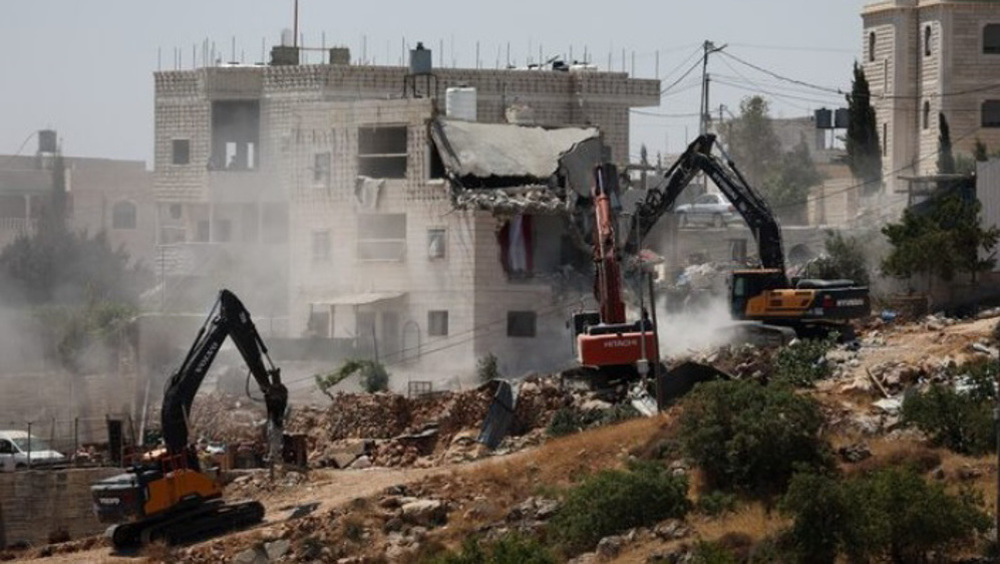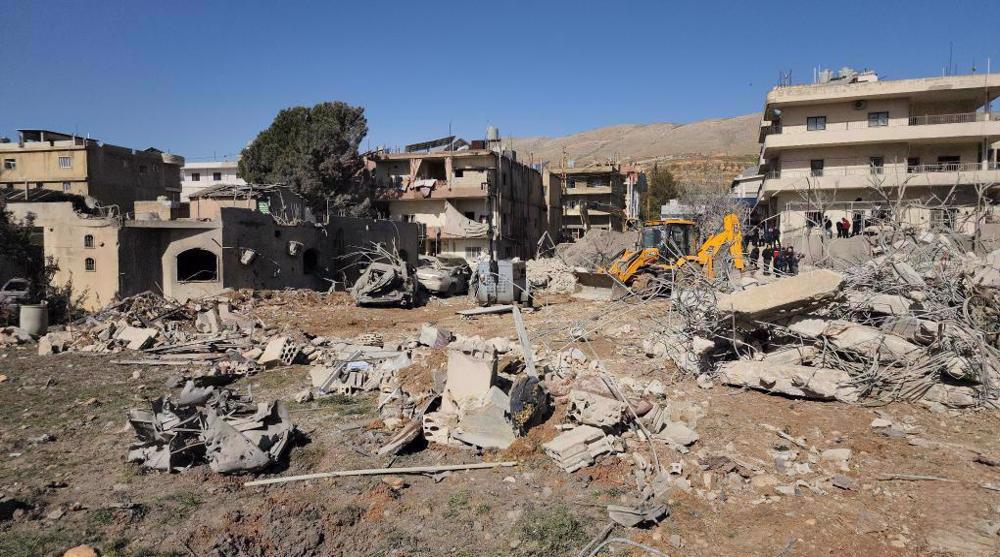Dozens hunger-striking Palestinian prisoners moved to hospital
At least 60 Palestinians, who have gone on hunger strike in Israeli jails in protest at the Tel Aviv regime’s administrative detention policy and harsh prison conditions, have been moved to hospital after a significant deterioration in their health conditions.
Palestinian Prisoners' Society lawyers, who visited some of the hunger strikers in Ohalei Kedar prison, said many of them were in serious condition and had to be hospitalized after refusing to eat for 38 days.
They added that some of the hunger strikers were not able to change their clothes, including underwear, since May 16, which further worsens their health condition.
Hanan al-Khatib, an attorney with the Detainees' Affairs Commission, also said Israeli authorities had imposed a blackout in Hadarim prison.
Since April 17, more than 1,600 Palestinian prisoners have joined the protest action, dubbed the Freedom and Dignity Strike.
The strikers are demanding basic rights, such as an end to the policies of administrative detention, solitary confinement and deliberate medical negligence.
The much criticized administrative detention is a policy under which Palestinian inmates are kept in Israeli detention facilities without trial or charge.
Back in 2012, a similar hunger strike, involving some 2,000 Palestinian inmates, ended after an agreement was reached with Israeli authorities to terminate the policy of internment without trial or charge.
The Palestinian inmates regularly hold hunger strikes in protest against the administrative detention policy and their harsh prison conditions.
Nearly 700 prisoners are currently held in administrative detention. Some of the inmates have been held in prison under the policy for up to 11 years.
VIDEO | Press TV's news headlines
VIDEO | Iran will not 'capitulate' since it has military surprises for US
China overtakes US as Germany’s top trading partner
VIDEO | Displaced Gazans struggle to find clean water amid Ramadan
VIDEO | Pakistan strikes militant camps along Afghan border after suicide bombings
Iran FM: Chance still exists for win-win solution to nuclear issue
Denmark rejects Trump's plan to send US hospital ship to Greenland
US Secret Service kills man trying to enter Trump’s Mar-a-Lago estate

















 This makes it easy to access the Press TV website
This makes it easy to access the Press TV website